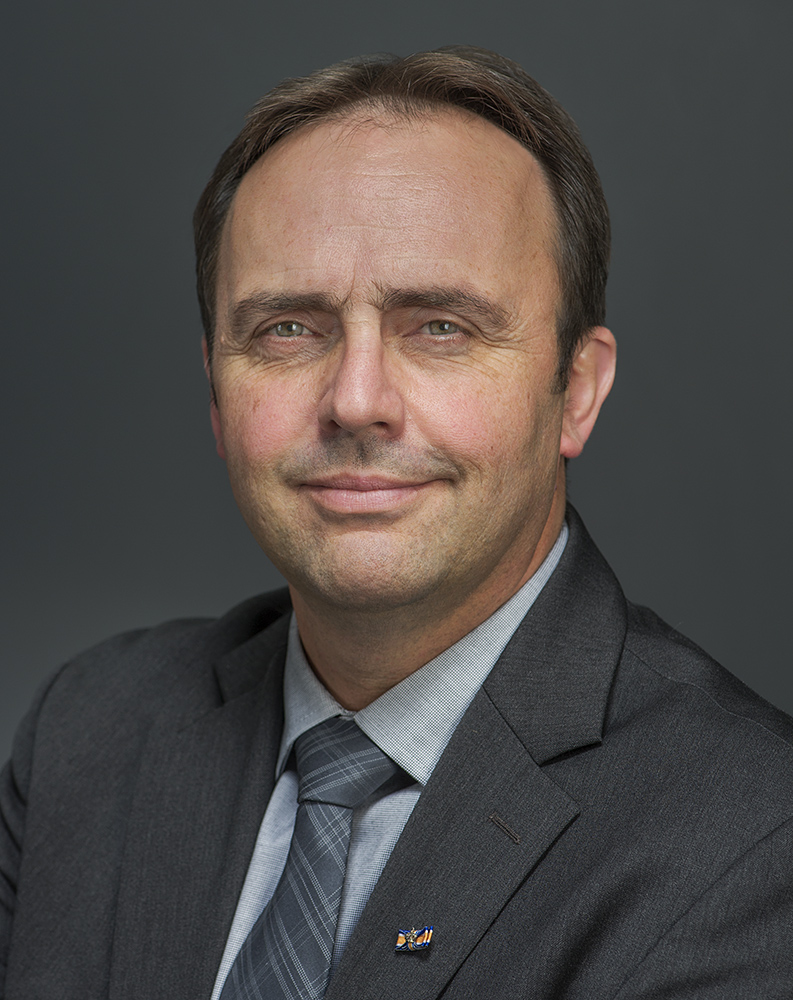In Conversation with Dr. Dean F. Oliver, Senior Director (Research) and Chief Curator, Canadian Museum of History
March 8, 2021
Dean F. Oliver, Senior Director, (Research) and Chief Curator, Canadian Museum of History
IMG2015-0039-0033-Dm
How long have you been with the two Museums?
I have just begun my 23rd year, like the last of Barrett’s Privateers! Two-thirds at the War Museum, and the rest at the Museum of History.
Was it your dream to be a historian?
History has certainly been a lifelong interest. The career was more accidental: doing things I loved and believed important, aided (and sometimes saved) by kind, brilliant people at every stage.
Have you ever worked on a research project that was personally relevant to you?
There have been many — maybe even all. The War Museum exhibition Afghanistan – A Glimpse of War was a corker. No one thought we could — many thought we shouldn’t. A balanced exhibition on a current war being hotly debated in every living room and office? It was a spectacular team effort, from front office to front line. On opening night, we stood among our fellow citizens, seeing their reactions, listening to their conversations, and realized we had managed something unique, perhaps amazing.
How does research fit into our Museums’ broader role?
We are knowledge institutions. Research — digging, finding, talking, listening, writing, sharing — is our principal role. We research as institutions, as well as with communities, knowledge-keepers, the public, teachers, writers and artists of all types. Research — ethical, collaborative, respectful — grounds us in the authentic, in the real, separating our Museums from the swirls of nonsense that pass, sadly, as popular insight these days. Research gives voice to diversity, and an ear to dissent. It bolsters public trust, our most essential commodity. Research is delightfully cumulative: every letter, artifact and story reveals a little more about ourselves, now and for the ages.
As society and the way we “tell history” changes, are research methods also changing?
History has never been more exciting, accessible, or publicly valued. As sources diversify, as demographics change, and as issues conflate, new forms of collaboration, collection and interpretation become essential. The Museum’s Research Strategy already prioritizes Indigenous experiences, northern Canada and contemporary issues. Our diverse experiences of COVID-19, environmental change, transnational events and social movements must also be emphasized. It is, as ever, a moveable feast.
The past year has been one that will go down in history — from COVID-19, to Black Lives Matter, and more. What will it mean for the Museums?
There is a basic responsibility to bear witness to critical issues by collecting, documenting, studying and sharing. And a more complex responsibility to allow all voices to speak, to address one another, on even the most complex and challenging issues. It requires courage and much humility to address colonialism and social justice. It requires technical acumen too, to gather electronic communications, memes, websites and other relatively new forms of expression, while also maintaining these on stable platforms.
Based on how you approach your work, what central objective drives you? What are you hoping your legacy will be?
I believe the past matters — the whole, honest, no-holds-barred past, not its many clever forgeries by populist demagogues, proselytizing professors, or aggrieved activists. This work is not for the faint of heart, and it will be resisted, ignored and bowdlerized. You don’t study the past to avoid mistakes. You study it to know yourself, to understand your world, and maybe, just maybe, to make choices and judgements informed by wisdom, empathy and knowledge.
Someone else will decide my legacy. I want to have worked hard, told the truth, and supported those around me by virtue of both. It is, until the grim reaper comes, a work in progress.